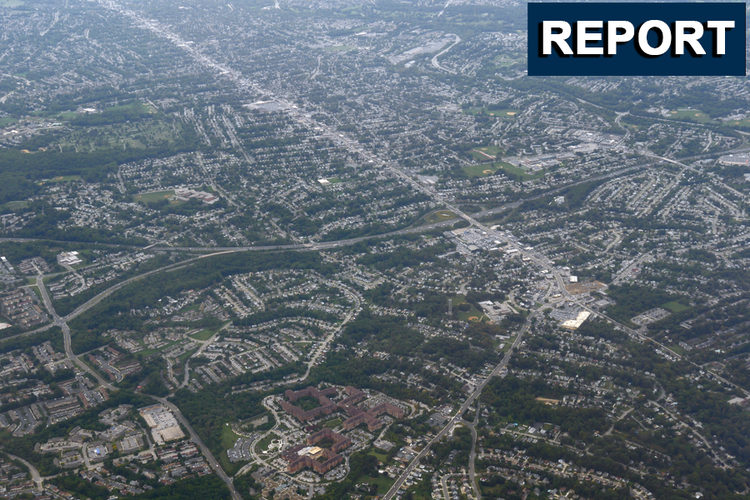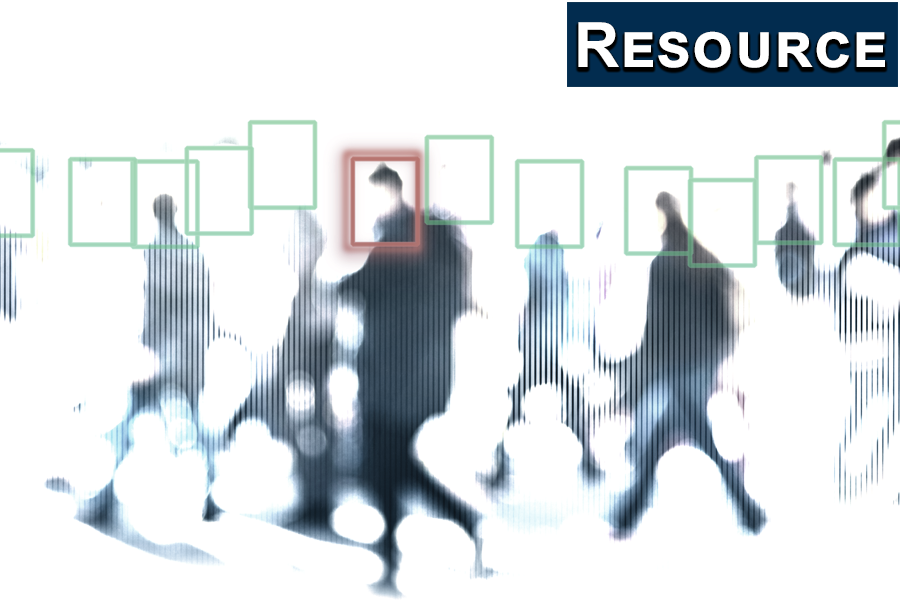Civil Rights & Civil Liberties Audit of Baltimore’s Aerial Investigation Research (AIR) Program
Overview
On May 1, 2020, the Baltimore Police Department (“BPD”) began a six-month pilot of the Aerial Investigation Research Program (“AIR”), a powerful surveillance program that combines aerial surveillance technologies, traditional ground surveillance, and human analysts. This is not the first time that surveillance planes have flown over Baltimore. In 2016, BPD implemented a similar program. When the existence of the program was revealed by the press, there was public backlash and the program was discontinued.
This time around, BPD made public its plans to use the AIR Program and agreed to independent review and auditing. The Policing Project at New York University School of Law was asked to perform an audit of any civil rights and civil liberties issues raised by the AIR Program.
This page includes our final report as well as an amicus brief that was filed with the U.S Court of Appeals for the Fourth Circuit on November 27, 2020, notifying the Court of the results of our audit and urging the court to overturn the panel’s decision.
After we issued our report, the en banc Fourth Circuit determined that AIR violated the Fourth Amendment.
Download the full report “Civil Rights and Civil Liberties Audit of Baltimore's Aerial Investigation Research (AIR) Program” (.PDF)
Additional Resources
Key TakeAways
1). Although the use of AIR largely adhered to the pre-set rules, there were some significant deviations. The AIR Program largely abided the way it was described to the public, but with a few significant deviations: AIR was advertised as a means of tracking individuals “to and from crime scenes,” but BPD issued “Supplemental Requests” that were not tied to crime scenes. In addition, much more data is being stored, and for far longer, than public statements would suggest.
2). As operated, the AIR Program presents serious concerns about individual liberty. Movement data is collected in bulk on countless individuals who have done nothing worthy of attention, to provide a basis for tracking those whom BPD decides in its discretion to track. Because of where the planes fly and where ground surveillance is located in Baltimore, this inevitably involves disparate racial impacts.
3). A future decision to implement AIR should be a decision for elected officials and should be done in a transparent and accountable way. The program’s potential for invasive surveillance is too great to be implemented without democratic authorization by a representative body. In Baltimore, ideally that would be the City Council. We therefore suggest the Maryland State Legislature should cede control of BPD, at least for issues involving powerful surveillance technologies.
4). Any future decision implementing AIR, either in Baltimore or elsewhere, should include concrete, enforceable guardrails to protect civil rights and liberties. Democratic authorization for such programs, whether in Baltimore or elsewhere, should include specific rigorous requirements to both protect civil rights and liberties and prevent abuse and blanket surveillance.
5). While the U.S. Court of Appeals for the Fourth Circuit was considering whether to hear a challenge to AIR’s constitutionality en banc, the Policing Project filed an amicus brief urging the court to vacate the panel decision.
After our report was issued, the en banc Courth Circuit held that AIR violated the Fourth Amendment.










Working Draft for Public Review